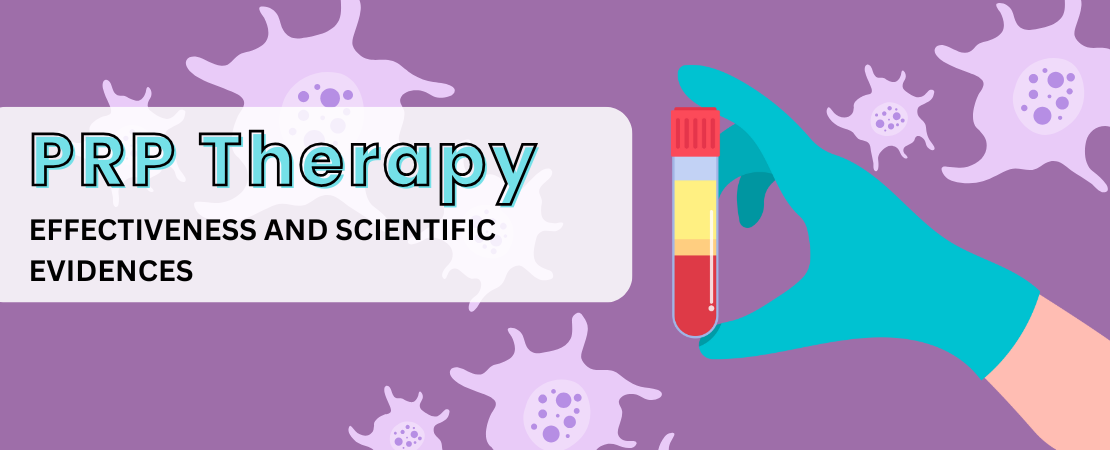
Even after a year of trying, many couples are still having difficulty getting pregnant. They’re trying everything they can to make it happen, but the most important question on their minds is why?
To begin, you must understand what defines infertility in a couple.
Infertile couples, according to medical professionals, are those who have tried unprotected intercourse for a year and still haven’t gotten pregnant. There are two types of infertility:
- Primary infertility: To begin, you must understand what defines infertility in a couple. Infertile couples, according to physicians, are those who have tried unprotected intercourse for a year and still haven’t given birth. There are two types of infertility:
- Secondary infertility: When a couple fails to conceive a child after one or more successful pregnancies, it is diagnosed as infertility.
Infertility is common in the following ways:
One in every six men and women of reproductive age suffers with infertility. Infertility is a treatable condition, not a symbol of shame. It is critical that you recognise that you are not alone.
What are the most common and significant causes of infertility in men and women?
Females:
- Age Factor: The ability of a woman to have a healthy pregnancy is greatly influenced by her age. The ability of women’s ovaries to release eggs for fertilisation begins to decline dramatically around the age of 35.
- Women at this age will have regular ovulation and menstrual periods, although they may still have difficulty conceiving.
- Uterine Problems: ‘Uterine Problems’ refer to conditions affecting the uterus or any other portion of the female reproductive system.
There are also a number of conditions that are quite common with uterine issues, such as:
Endometriosis: Endometriosis is a condition in which tissue grows outside the uterus and resembles the uterine lining. It has the potential to grow outside of your uterus, ovaries, and other reproductive organs. Infections such as STDs (sexually transmitted illnesses) and other common bacterial infections are the most common causes.
Uterine Fibroids: Uterine fibroid cysts, also known as leiomyomas, are benign uterine tumours that can cause significant pain, bleeding, and infertility. (This is especially true with fibroids that are close to the endometrium.)
Uterine Tuberculosis: Uterine tuberculosis is a type of tuberculosis that develops infection in the uterus. It is very common to have no symptoms at all. Infertility arises as a result of this.
Ovulation Disorders: Ovulation disorders arise when a female’s reproductive hormones or ovaries are not functioning properly.
Premature ovarian failure: Early menopause is the result of premature ovarian failure. When your ovary stops producing eggs before the age of 40, you have this condition. It’s either genetics or chemotherapy that’s causing it.
PCOS (Polycystic ovary syndrome): It’s a condition that affects women’s hormone levels during their reproductive years (From the stage of puberty to menopause). PCOS causes women to have more hormones than men, which leads them to miss or have irregular menstruation, making it harder for them to conceive.
Hypothalamic dysfunction: It’s a condition in which physical and emotional stress, as well as extremes in weight, can disrupt hormone production and the ovulation cycle.
Damage to fallopian Tubes: The ovaries and the uterus are connected by fallopian tubes, which are organs in the female reproductive system. The fallopian tube transports an egg to the uterus during the ovulation period.
If the fallopian tube is obstructed, the sperm will be unable to reach the eggs and return to the fertilised eggs because the passage is blocked.
Sexually transmitted diseases (STD): Sexually transmitted infections, previous surgery in that area, T.B., and other factors are also common causes of fallopian tube injury.
Males:
Medical causes:
- Infection: Infections such as sexually transmitted infections, HIV, and gonorrhoea can affect the testicles and prevent sperm from passing through.
- Blocked tubules: There are multiple tubes that carry sperm, and sperm cannot pass through if they are blocked. An injury from surgery, trauma, past infections, and other factors might cause a blockage.
- Varicocele: Varicocele causes sperm quantity and quality to be low. It is a vein enlargement that might result in irregular blood flow.
- Azoospermia: Azoospermia occurs when there are no sperm in the sperm. This issue, however, affects nearly 5% of infertile males. It indicates the absence of sperm production.
- Medications: Ulcer treatments, arthritis meds, testosterone replacement therapy, and a variety of other medications can all affect sperm production.
Health and lifestyle cause:
- Consumption of alcohol and smoking: Both lower testosterone levels and reduce sperm production, while smoking has a negative impact on male fertility.
- Drug intake: Drugs can have a significant impact on sperm production and male fertility.
- Weight: Obesity can affect hormones and lead to male infertility in a number of ways.
Conclusion:
The above are the most common causes of infertility that couples worry about, however this does not indicate that your dream of becoming a parent is over. Furthermore, many individuals still hold a fallacy that they cannot have a child after the age of 35, when the truth is that YOU CAN!
Tags: Infertility Causes


